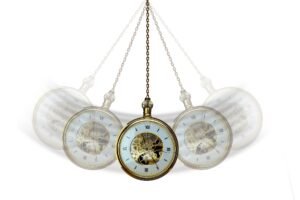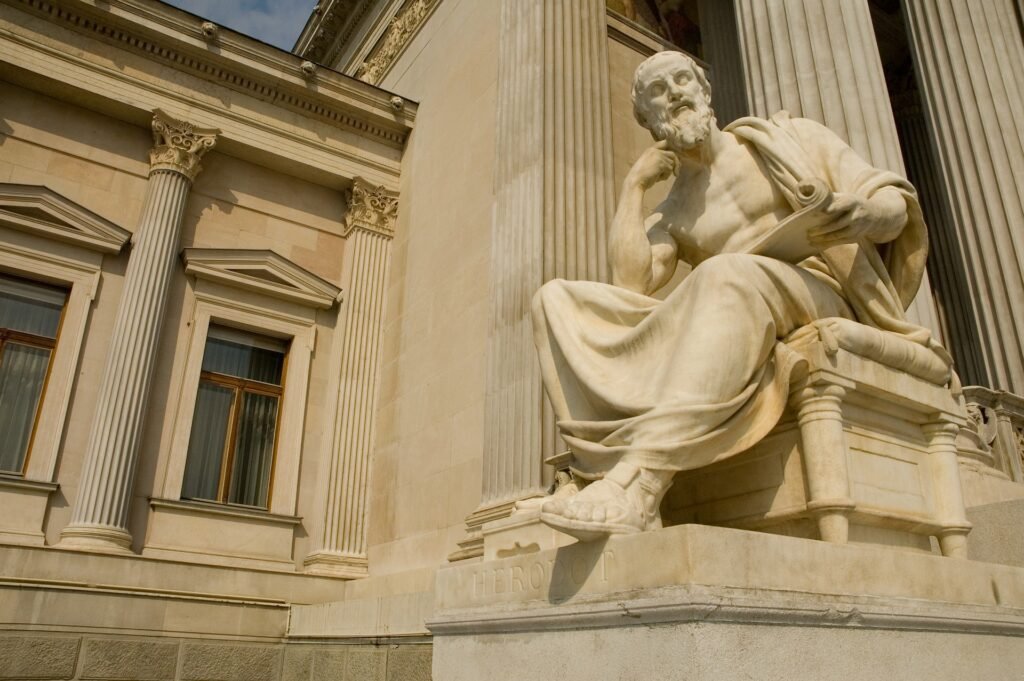Have you in your life spent so many hours, days, months or years trying to make a decision and you could not figure out where to start and how to go about making the decision?
Making a decision can be very challenging. Some decisions are very easy to make while others take a long time and rightly so. You do not want to decide whom to marry in 2 minutes but at the same time you should not spend eternity trying to decide how to go about it.
Do you have a way you make decisions? How did you decide where to go to school, when to quit your job, when to switch a program, how to pursue a new relationship, when to start exercising, and making other similar decisions?
Thankfully, we do not need to always find a person to help us decide what to do. We just make the decision ourselves. However, there are times that we wish someone would tell us what to do before we make a decision. We even wish we saw a sign in the sky. Unfortunately, this won’t happen for almost all of the decisions that you are going to make unless if you are sent down by some higher power which is very unlikely. We need a life coach that can help guide us along our decision making process. A life coach cannot ultimately decide for you though; you must take full ownership of the decisions that you make.
It is important that you develop a framework by which you make decisions in your life so that you are not constantly asking yourself if what you are doing is right or wrong. The framework is used as a filter on how to make all of your decisions- especially important ones. We all have a framework on how we make decisions. Our framework is influenced by several factors such as where you grew up, how your parents and friends make decisions, where you went to school, your philosophy about life, your belief system etc.
Some people’s frameworks are very reactive instead of proactive. Instead of asking yourself if you should cheat on a test or not, having a proactive framework already has an answer for you: NO! This is an easy example for most people. Some other questions do not have the obvious answer of no or yes. For example, “should I quit my job?” is not an easy question to answer with a yes or a no the first time you ask it unless your job is really “bad” and you have thought about it for some time.
What is a framework?
A framework is basically how you view life. Think of it like the glasses you wear and see life through. The framework that I am going to share with you is meant to be a guide on how to filter your decision-making. You might not need it when you are deciding which direction to take on a highway (that is what Google is for) but you will surely need this framework when deciding life-changing decisions, like should I continue working at this job, should I continue in this relationship, should I move and many other decisions like these.
The goal of a framework: To help you be able to stand by the decision that you have selected and not just follow the masses. Be able to clearly explain to anyone who asks you why you made that choice.
This is very empowering because you will be living life on your terms and not someone else’s or society’s. Let’s get started:
Three theories to help you become a better thinker:
Deontology Ethics: What is the motive of your actions?
The word deontology comes from the base Greek word deon which means “obligation” or “duty”. This theory is sometimes called duty ethics. This theory simply says that there are clear rules that must be obeyed no matter what. These rules are universal and timeless. Everyone must obey them without exceptions including you. If the actions you take violate these clear rules or principles it does not matter even if your actions produce good outcomes.
A good example is not lying. According to this theory you cannot lie, you cannot steal etc. under any circumstances. This theory follows the golden rule, which is do unto others what you would want them to do to you. Since you would not want others to lie to you then do not lie to others.
According to this theory actions are judged as right if only you act out of duty. Your actions are right not because they result in increased happiness and have good consequences but because you acted out a sense of duty. Let me say that again: Your actions are not good because they increase happiness or because they result in good consequences.
Sometimes we want to do things and we justify them by saying the consequences are better so this would be a good thing. That is another theory. If you actions produces good consequences but violate these universal rules your actions are still wrong according to the deontological ethic.
The reason you should start thinking about this theory when you are about to make a decision is that it narrows things down for you. Think about it for a second. Any idea you have you simply ask:
Is this idea right or wrong?
If it is right then you proceed to the next steps (theories below), and if it is wrong then stop. Do not proceed since you wouldn’t want someone to do what you are about to do to you or to people you care about.
Emmanuel Kant, who is the main proponent of this theory, argues that we can know right from wrong using our reasoning.
Practice time: Do you have something that you want to decide upon? Then ask yourself if it can be applied all the time, to all places and to all people? If not, it is probably not worthy of pursuing or falls into the next theory.
Utilitarian and Consequential Theory
This theory says that the moral quality of our actions are determined by the consequences that our actions produce. According to this theory if your decision produces more good than bad then that decision would be regarded as good and vice versa. Good and evil choices or decision are determined solely on the basis that they either produce happiness (good) or evil (bad).
For example, let’s say you have an apple and 1 person needs to eat the whole apple to be healed. But you also have 4 people who each need a slice of the apple to get healed. According to this theory the right thing to do would be to give the apple to the 4 people and let the other one die because saving 4 people is better than saving one! This theory is very straightforward. If your decision produces more good than bad results, then you have yourself a good decision.
Practice time: Do you have something that you want to decide upon? Then ask yourself if it will result in more good than bad.
Virtue Ethics
We are what we repeatedly do. Excellence, then is not an act, but a habit – Aristotle
According to this theory your character is at the core of what you do, think and feel. Therefore, if you want to act good you need to become a good person. No need to think about duties (deontology) or consequences of your actions (consequentialism).
So how do you become a virtuous person?
Aristotle said that to become a virtuous person you need to do right things, in the right way, at the right time, in the right amount, and towards the right people.
Since striving to become a virtuous person is part of who we are as people then you would want to become one.
You do not become a virtuous person by doing a virtue once but instead it should be your way of life. In everything there is always a golden mean. What this means is that a virtue is on a spectrum. You are not swung far from the golden mean.

For example: The virtue of honesty means to know what to say and what to keep quiet. But it also means that you should know how to let people know hard truths and to do this with respect and gentleness. Always in the balance and never at the extremes.
Vice Virtue Vice
Failing to say things that should be said Honesty Brutal honesty
Practice time: Do you have a virtue that you want to practice?

